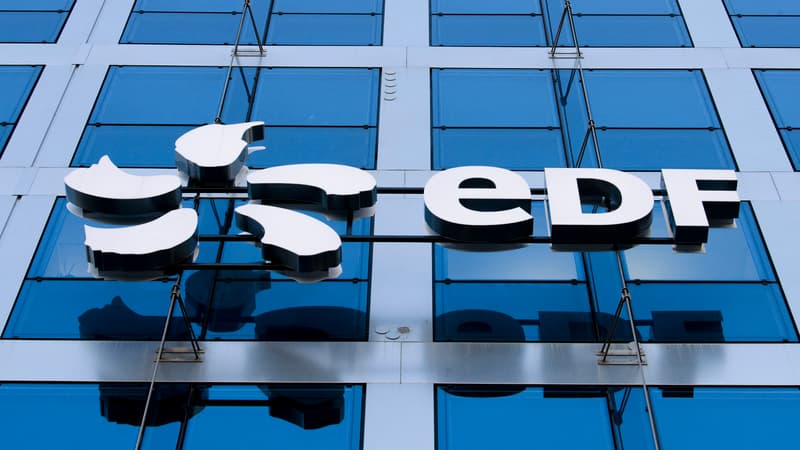EDF announced on Wednesday the decarbonization of electricity production in all the island territories for which it is responsible by 2033, by converting the thermal power plants present in these territories to the production of electricity from rapeseed oil, in instead of fossil fuel sources.
EDF SEI (Island Energy Systems) is one of the main energy producers and responsible for the electricity grid of Réunion, Martinique, Guadeloupe, Saint-Martin and Saint-Barthélémy, Guyana, Corsica, Saint Pierre and Miquelon and the Ponant Islands.
Although they currently have a varied energy mix, “between now and 2033 (…), all these islands will be 100% renewable or almost 100% renewable,” said Antoine Jourdain, director of EDF SEI, during a press conference organized on Wednesday afternoon. over these non-interconnected zones, or ZNI. “In general, all our territories will be 100% renewable, except Corsica,” he indicated, a territory interconnected with Sardinia and Italy, whose energy mix EDF does not control.
Biomass plants
This electricity decarbonization scenario, called “Emerald”, is effectively “a decarbonization objective for all producers together,” the energy company’s management clarified. “Today we operate four thermal power plants in Corsica, Réunion, Martinique and Guadeloupe and we have two projects to build new power plants that will run on liquid biomass as soon as they come into operation: the new Ricanto bioenergy plant in Corsica and the new Bioenergy Plant of Larivot in Guyana,” explained Frédéric Maillard, general director of EDF PEI (Island Electricity Production).
“We have moved towards a liquid biomass produced from rapeseed oil,” declared Frédéric Maillard, who indicated that the group had excluded any production of biomass based on soybean or palm oil. The first plant affected, that of Port-Est, in Réunion, whose conversion “will be completed in the coming weeks.”
For this 212 MW plant, which provides 40% of the island’s annual electricity consumption, EDF has signed a supply contract with the company Saipol, a subsidiary of the Avril group. By 2030, after converting its entire production fleet, EDF expects to save 2.5 million tons of CO2 per year. It also hopes to significantly increase air quality in these territories by eliminating sulfur emissions and dividing dust emissions by four.
Source: BFM TV


